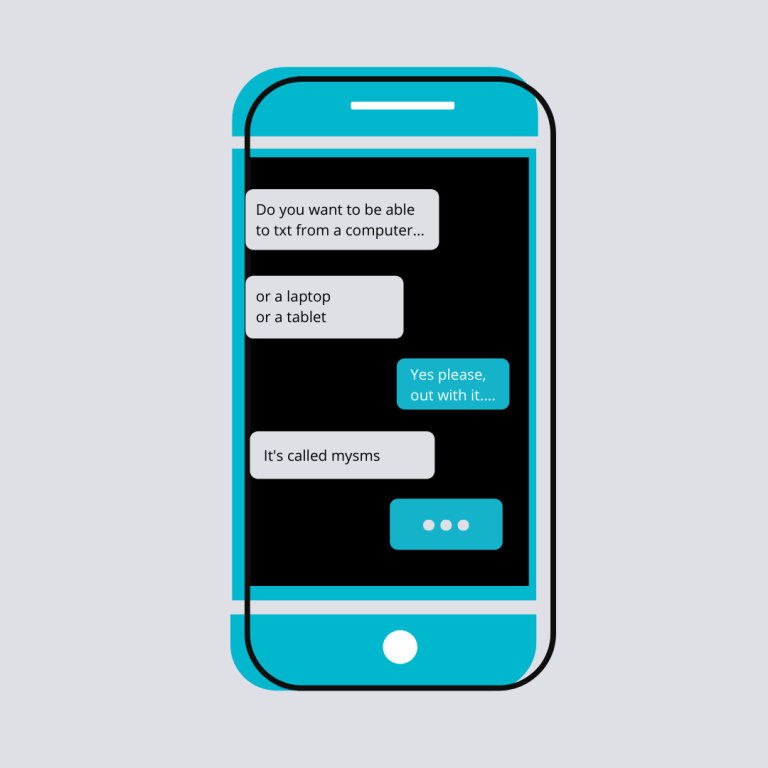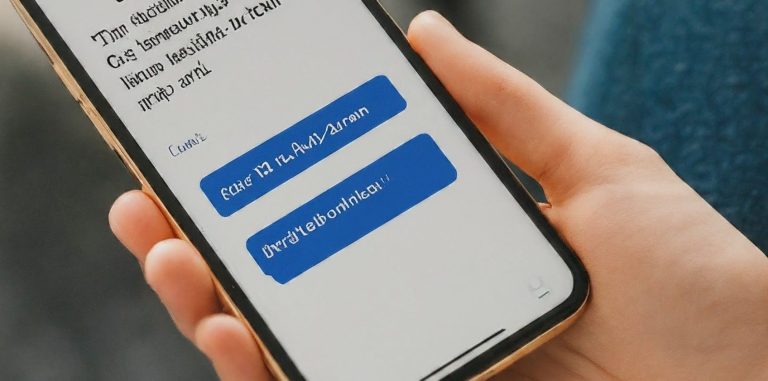In today’s fast-paced digital world, where communication is paramount, text apps have emerged as the dominant force, revolutionizing how we connect and interact. Gone are the days of lengthy phone calls and formal emails; text apps have brought about a paradigm shift, offering unparalleled convenience, speed, and accessibility.
The Evolution of Text Apps
From SMS to Sophistication
The journey of text apps began with the humble Short Message Service (SMS), which allowed users to send brief text messages to one another. While SMS laid the foundation for text-based communication, it was limited in its capabilities. However, as technology advanced, so did text apps, evolving into sophisticated platforms that offer a plethora of features and functionalities.
The Rise of Instant Messaging
The rise of instant messaging platforms like WhatsApp, Facebook Messenger, and Telegram marked a significant turning point in the evolution of text apps. These platforms introduced real-time messaging, group chats, multimedia sharing, and voice and video calls, transforming the way we communicate.
The Power of Rich Communication Services
Rich Communication Services (RCS) further enhanced the capabilities of text apps, bringing features like high-resolution image and video sharing, read receipts, typing indicators, and interactive elements. RCS elevated text apps to a new level, bridging the gap between traditional SMS and modern messaging platforms.
The Impact of Text Apps on Society
Transforming Personal Communication
Text apps have revolutionized personal communication, making it easier than ever to stay connected with friends and family. With instant messaging, group chats, and multimedia sharing, text apps have become the go-to platform for sharing experiences, exchanging ideas, and staying in touch.
Revolutionizing Business Communication
Text apps have also had a profound impact on business communication, streamlining processes and enhancing collaboration. From internal communication and team collaboration to customer support and marketing, text apps have become an indispensable tool for businesses of all sizes.
The Role of Text Apps in Education
Text apps have also found their way into the education sector, facilitating communication between teachers, students, and parents. From sharing assignments and announcements to providing feedback and support, text apps have become an integral part of the modern classroom.
The Future of Text Apps
Artificial Intelligence and Chatbots
The integration of artificial intelligence (AI) and chatbots is set to further revolutionize text apps. AI-powered chatbots can automate customer support, provide personalized recommendations, and even engage in natural language conversations, enhancing the user experience.
Augmented Reality and Virtual Reality
Augmented reality (AR) and virtual reality (VR) technologies have the potential to transform text apps into immersive communication platforms. Imagine being able to have a face-to-face conversation with someone on the other side of the world, or collaborating on a project in a virtual workspace.
The Internet of Things
The Internet of Things (IoT) is also expected to play a significant role in the future of text apps. With IoT devices becoming increasingly prevalent, text apps could become the central hub for controlling and interacting with smart homes, connected cars, and other IoT devices.
Conclusion
Text apps have come a long way since the early days of SMS, evolving into sophisticated communication platforms that have transformed the way we connect and interact. From personal communication to business collaboration and education, text apps have become an integral part of our daily lives.
Read More: Do iMessages Show Up On Phone Bill? A Comprehensive Guide






